by






by







P5: Incarcerated: Daniel “Dos Noun” Muessig Interview by Jackie Bryant
P8: Photo of the Week: Kyea Mofire
P9: The Glass Artisan: The Rise and Legacy of ROOR By Edvin
Brncic
P15: Science! w/ Jeff Rawson
P19: Skateboarding And Cannabis: Sharing a Rich History Rooted in Counterculture and Rebellion By Dustin Hoxworth
P23: Black History Month: A Reflection on its Importance Today By Dustin Hoxworth
P24: 10 Inventions by Black Americans
P25: Review: Africali Culture By Dustin Hoxworth
P27: Creator Spotlight: Nicholas Farrell - The Green Photographer
P34: GLAZED


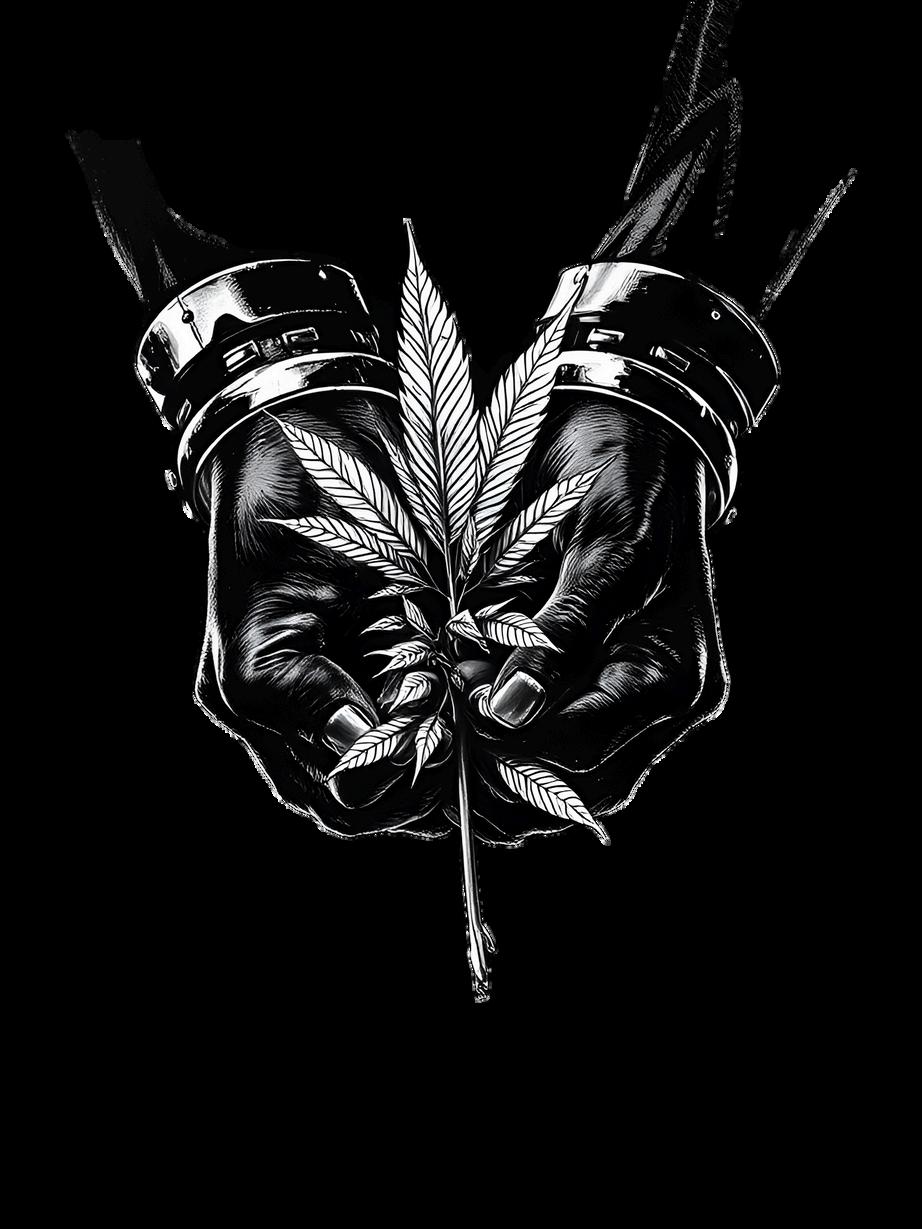
Interview by Jackie Bryant

This interview series gives voice to incarcerated individuals convicted of cannabisrelated offenses, shedding light on their stories and the ridiculousness of the criminal in-justice system. Through candid conversations, participants share their personal experiences, the impact of their convictions on their lives, and the broader societal consequences of cannabis prohibition. The series aims to humanize those affected, offering insight into the disparities in sentencing, ongoing inequities, and the evolving legal landscape surrounding cannabis. It serves as a way to raise awareness about the everlasting fight for justice while pointing out the hypocrisy and the need for reform in drug laws.
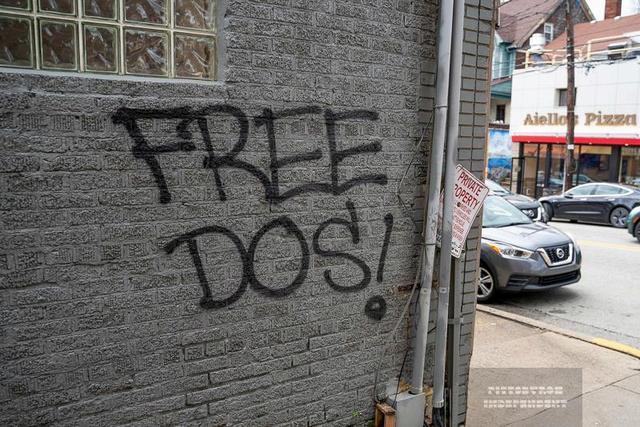

FNM: How old were you when you were sentenced to serve time?
Daniel: I was 37 when I got raided I got ratted into the conspiracy two and a half years later when I was 39. I went into prison when I was 40.
Raid 5/24/2019 - Indicted 8/21/2021
FNM: What year were you incarcerated?
Daniel: Started prison 5/11/2022
FNM: What is one thing you wish people in the cannabis industry knew or understood about cannabis prisoners?
Daniel: I wish they understood how easily they could be us. That based on federal law they are committing CCE/RICO-level narcotics conspiracies and getting a pass not because of their inherent morality or wisdom in following rules but because they are the beneficiaries of a two-tiered justice system that punishes us and rewards them Their gains have been predicated on our suffering in many cases, and they stand on our shoulders in any and all capacities related to the industry and culture. So I want them to know that we are still here, and we deserve a place in the industry just like they do, because we were there first and we have never left; we just became imprisoned.
FNM: Where did you serve your sentence and how far was it/is it from your home/ family?
Daniel: I initially started at FPC (then FCI) Morgantown which was about 70 miles from my house I was then sent to FCI Fort Dix which is about 350 miles, give or take, from my house. I've also been through FDC Philly and the Federal Transfer Center (airport prison) in OKC.
FNM: What is the hardest part of your sentence?
Daniel: The hardest parts have been my wife being pregnant and giving birth without me and having never seen my daughter in person and knowing she has had to raise her one hundred percent alone. And watching my cannabis empire crumble while MSOs raked my proverbial chips off the table. I risked my life and freedom to feed my family and give them everything they deserved. Just to have it all die when I fell and have others make the money I should have based on my work and my risk.

FNM: How much of your sentence have you served?
Daniel: I have done 33 months so far. My halfway house date is 37.5 mos in at best case My computer date is 42 months in. Total sentence was 60 months. But I got a year off for FSA and kept about 5 months of good time.
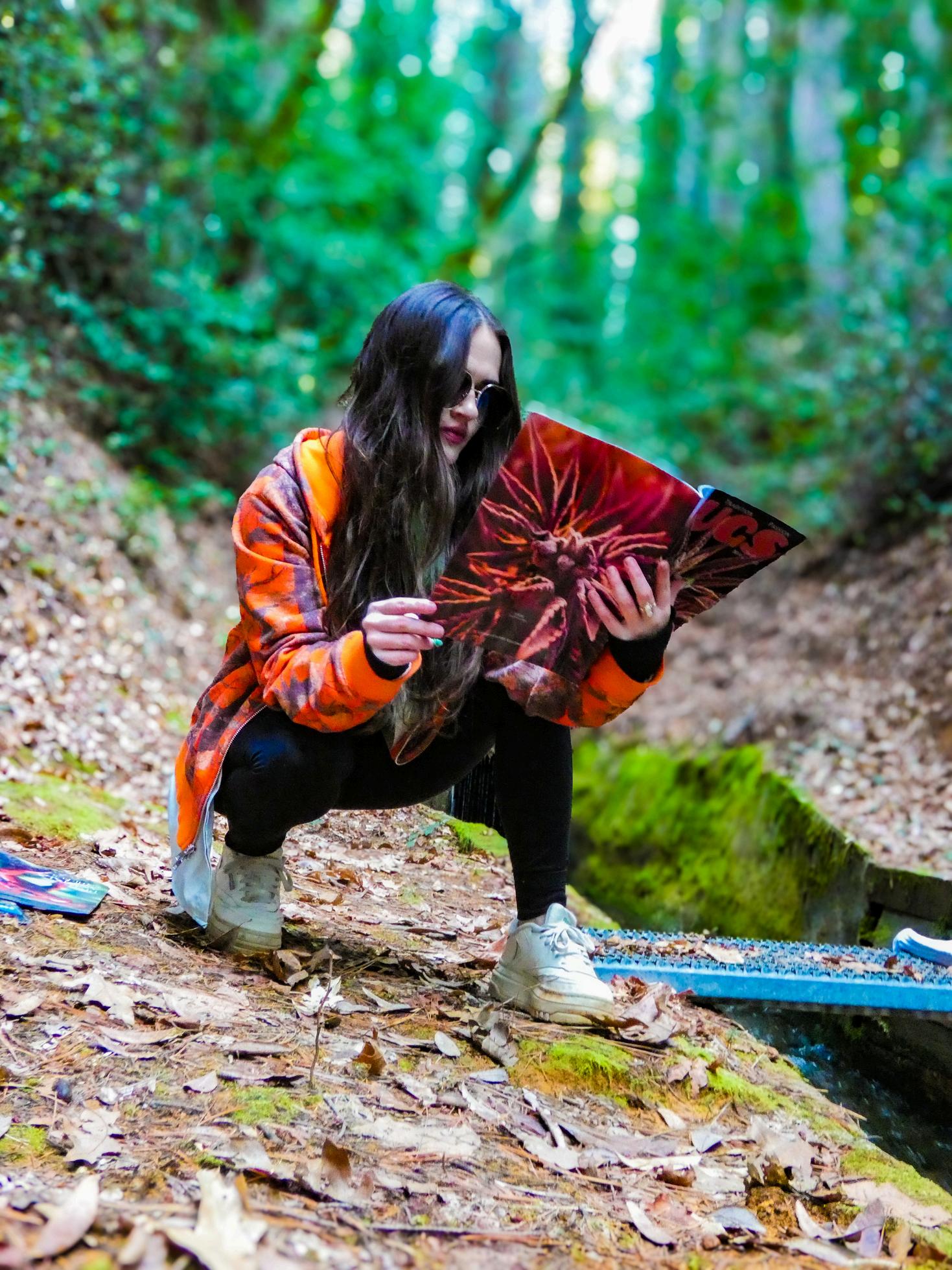
by
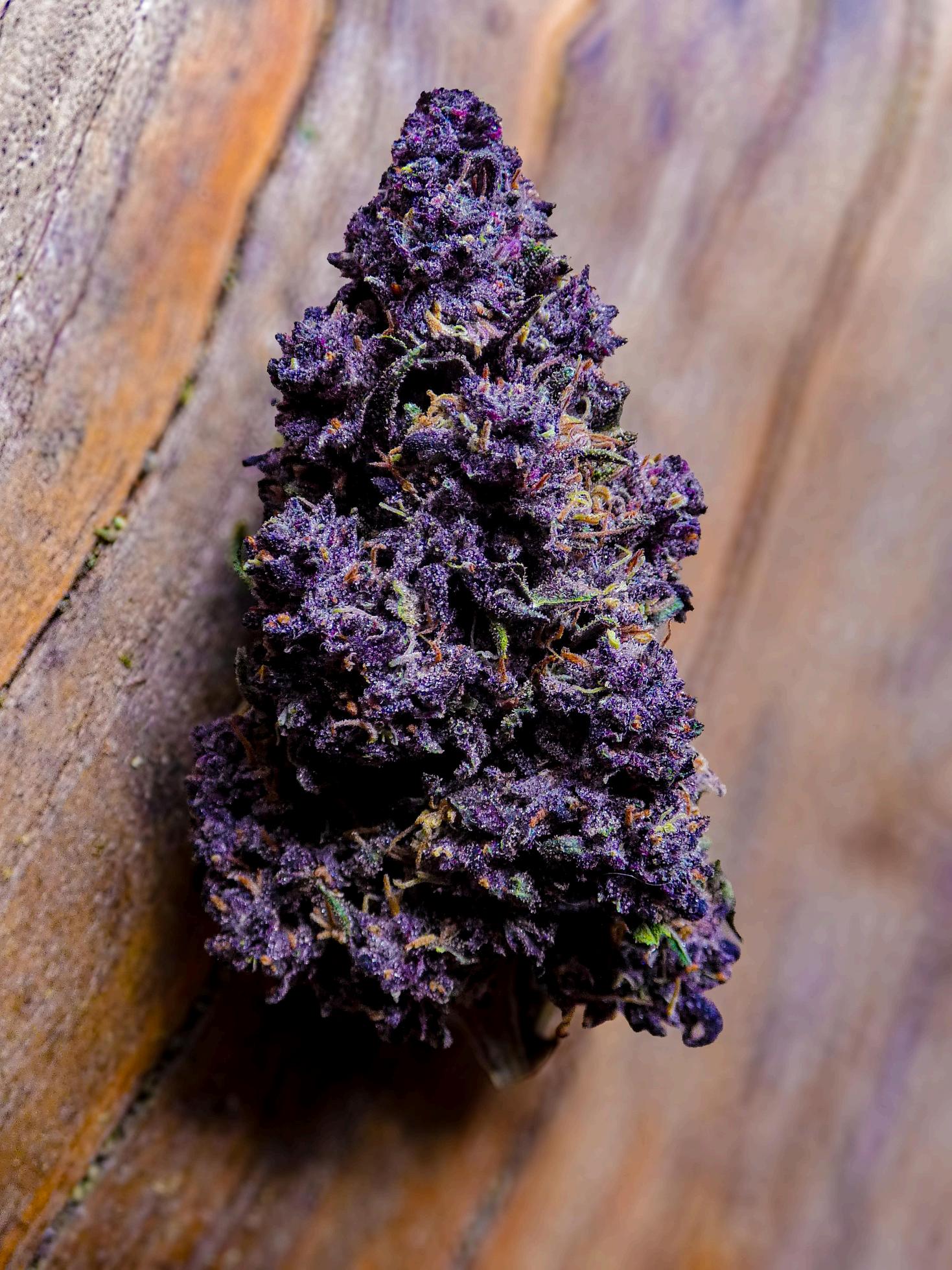
P h o t o o f t h e W e e k
By Edvin Brncic
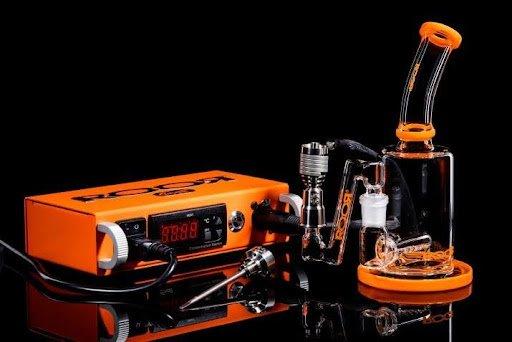
Thirty years ago, in a modest workshop, a man named Martin Birzle began crafting glass with a vision that would soon revolutionize an entire industry. His brand, ROOR, became a symbol of quality and innovation in the world of glass bongs, earning a devoted following among cannabis enthusiasts.
As Martin’s company prepares to close its doors, it leaves behind not just a legacy, but also a story of artistic passion, perseverance, and the harsh realities of modern capitalism.
Martin’s journey began far from the neon glow of cannabis culture. Trained as a scientific apparatus technician specializing in glassblowing, he was skilled at creating precise technical instruments for laboratories However, the sterile confines of the chemical industry did not fulfill his artistic aspirations.
"I was fascinated by bongs," Martin recalls. "I didn’t want to work in the traditional chemical industry. I wanted to do something artistic, something that wasn’t included in my education "
This blend of science and artistry became the foundation of ROOR. Martin’s creations were not only functional; they were works of art, each meticulously designed to deliver an unparalleled smoking experience. His focus on quality and innovation made ROOR a global icon.
ROOR has built its reputation on precision, passion, and exceptional craftsmanship. The brand gained recognition for its award-winning designs, including groundbreaking pieces like the Excalibur (over 6 ft tall), which became popular among celebrities and enthusiasts alike. What truly sets ROOR apart is not only the quality of its products but also the ethos behind them.
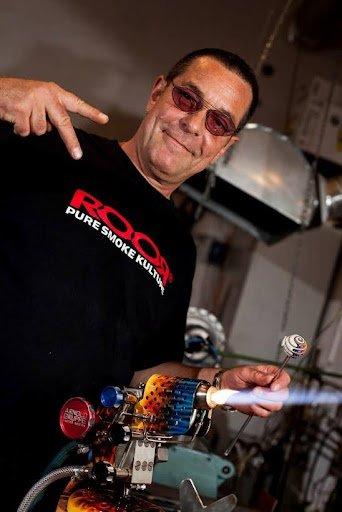
"The artistic sense and quality made us stand out," Martin explains. His commitment to creating not just bongs, but unique, handcrafted glass sculptures has deeply resonated with the community.
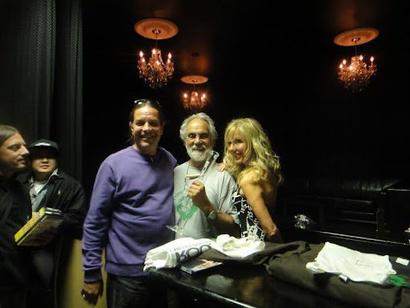
Despite its success, ROOR’s journey has never been easy. In recent years, the landscape of the industry has changed dramatically. As the cannabis market expanded, it also became more complex. The rise of electronic vaporizers, dabbing devices, and cheaper alternatives from overseas has diluted the once-thriving market for traditional glass bongs.
"A bong isn’t what it used to be" Martin observes. "A couple of years ago, everyone recognized that a bong was a bong, and a special bong was a ROOR bong. Now, many young people prefer electronic devices or cheaper options. This shift has been further complicated by the influx of young glassblowers working out of family garages who sell their pipes at low prices. While they are trying to make a name for themselves, they are unintentionally devaluing the market and undermining established artisans."
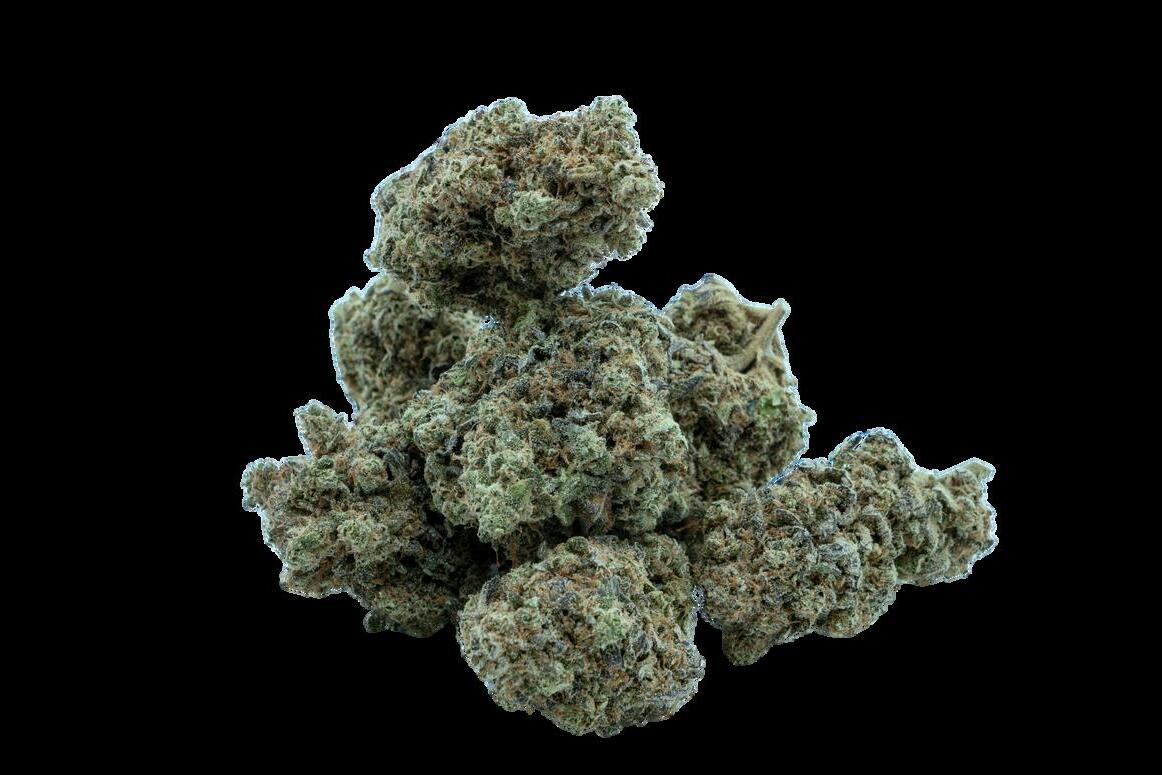
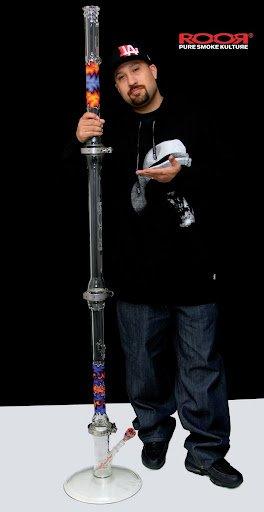
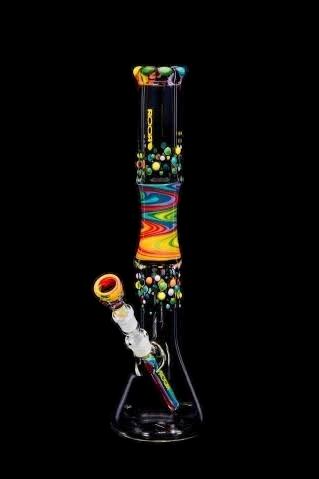
These challenges have been made worse by a struggling economy. In Germany and beyond, rising inflation and economic uncertainty have forced consumers to tighten their budgets, further impacting ROOR’s sales.
"Everything has become so much more expensive in the last two years. I mean, you know, for glass blowing, you need a lot of energy to make it. It became so much more expensive that the costs go up and up and up."
Over the past two years, the company has experienced a staggering 70% decline in turnover, a blow too severe for even the most resilient businesses to endure.
rest at fatnugsmag.com

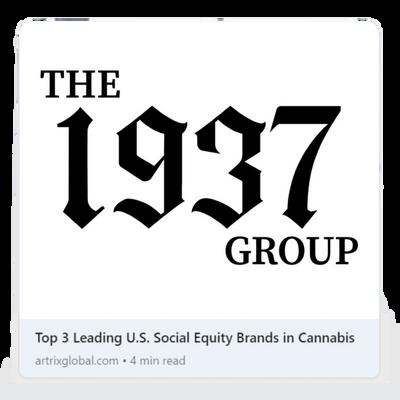
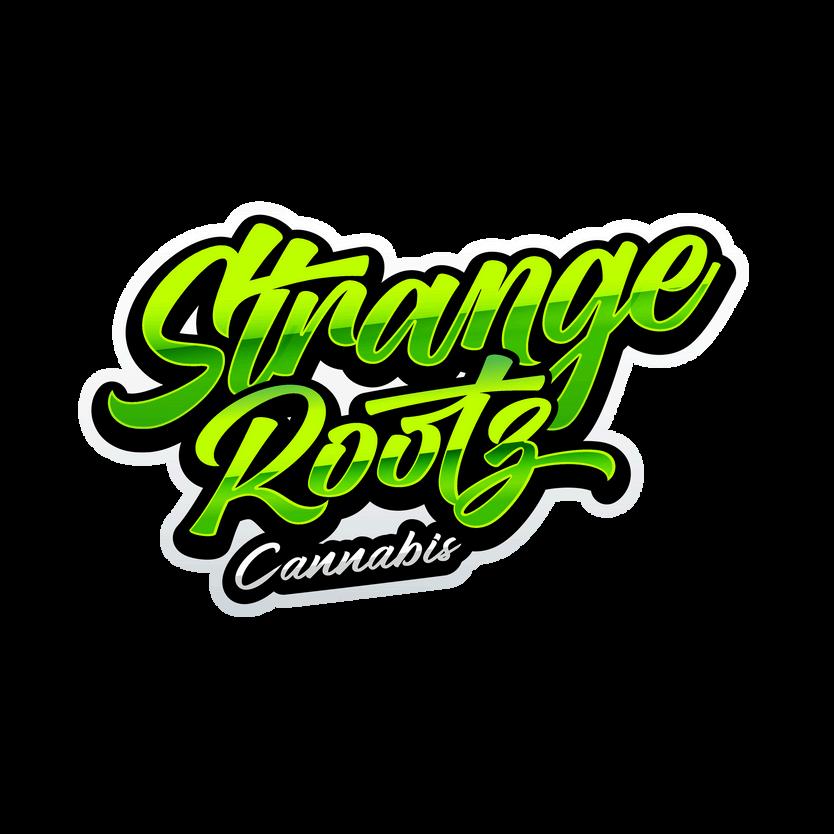
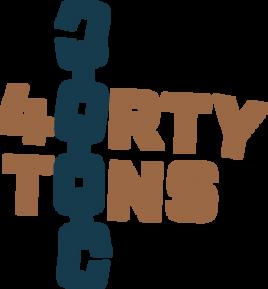







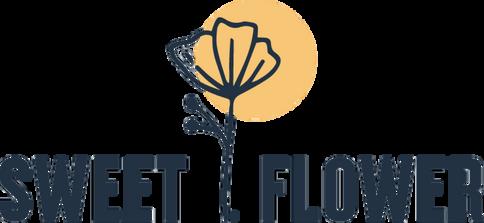






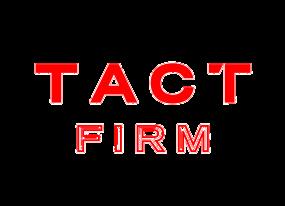

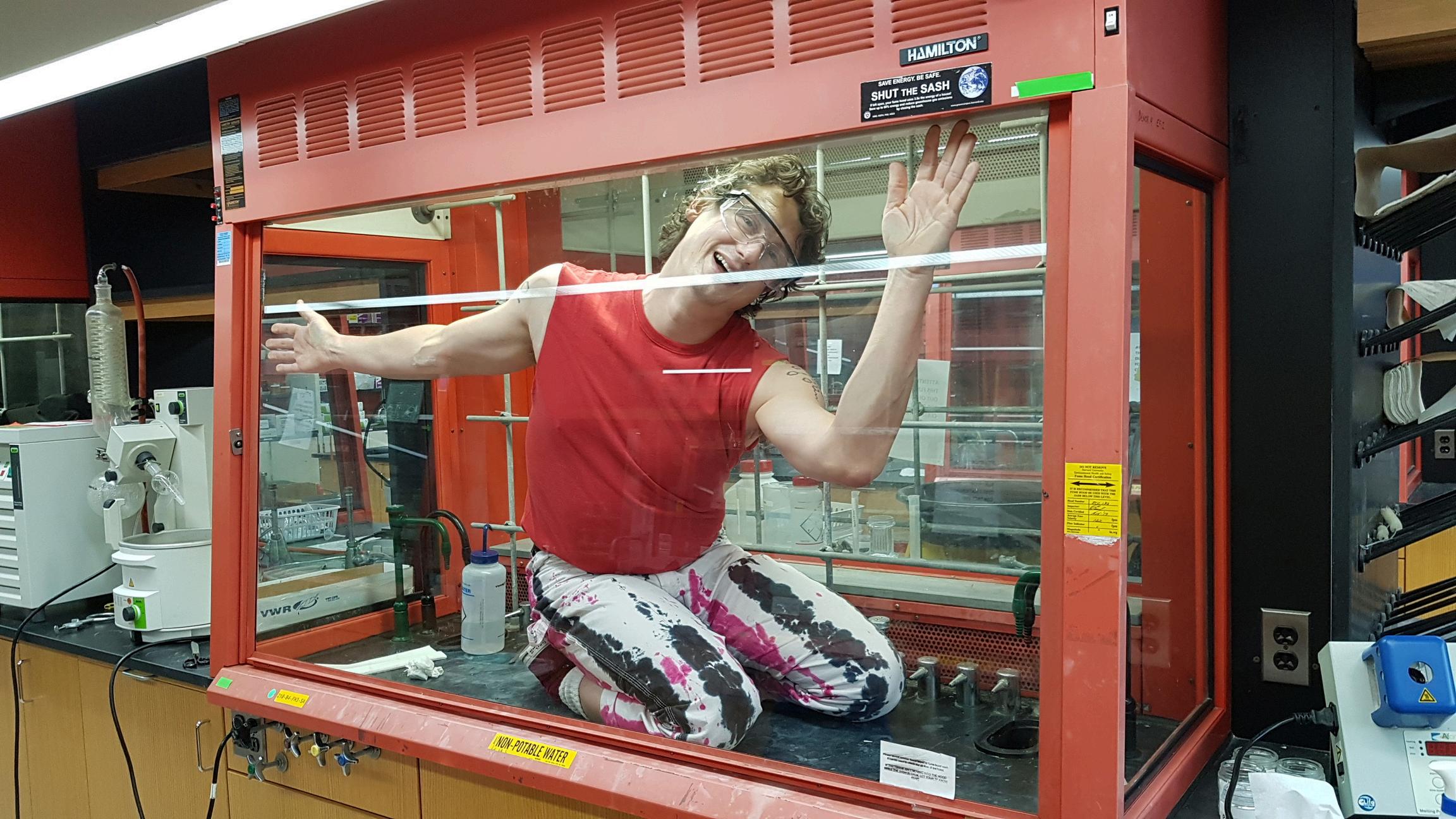
FNM: When and how were you first introduced to cannabis?
Jeff: My first experience with cannabis was with two friends in college. One guy was a regular and two of us naïve. We didn’t have proper gear, but we smoked some seedy brick weed off a seltzer can and had the time of our lives.
FNM: What do you focus on in the cannabis industry?
Jeff: My focus is on the experience of consumers. That includes both safety and enjoyment. I want consumers to have meaningful choices when they shop for cannabis, with clear signifiers of quality so they don’t get ripped off.
FNM: If there was one thing you could change about the cannabis industry, what would it be?
Jeff: I have to pick just one? If I could wave my magic wand weed would be legal and normal, the labels would all be accurate, and the workers would be treated with respect.
FNM: How has cannabis positively impacted your life?
Jeff: The best thing about cannabis is the people. It’s rare for a 46 year old guy to make a bunch of new friends, but my past couple of years in the cannabis industry have brought me several new close friendships.
FNM: What drove you to create the Institute of Cannabis Science?
Jeff: I founded the Institute of Cannabis Science because when I looked for honest information about cannabis safety and quality, I found an empty space. Nearly every source of information carries some bias because of the motive for profit. The ICS is an independent nonprofit.
“It’s critical for consumers to understand where and how their products are made.”
FNM: If there was one thing about the cannabis industry you could change, what would that be?
Jeff: I’d really like to see more education within and outside of the industry. It’s critical for consumers to understand where and how their products are made. Of course, I’d like this education to cover testing as well. There are many times I’ve interacted with people within the industry who are surprised by the number of different techniques we use and the systems we implement to ensure accurate data. Consumers, especially new ones, will be more comfortable purchasing products when they understand the amount of time, work, and care that goes into the products before they reach the shelves.
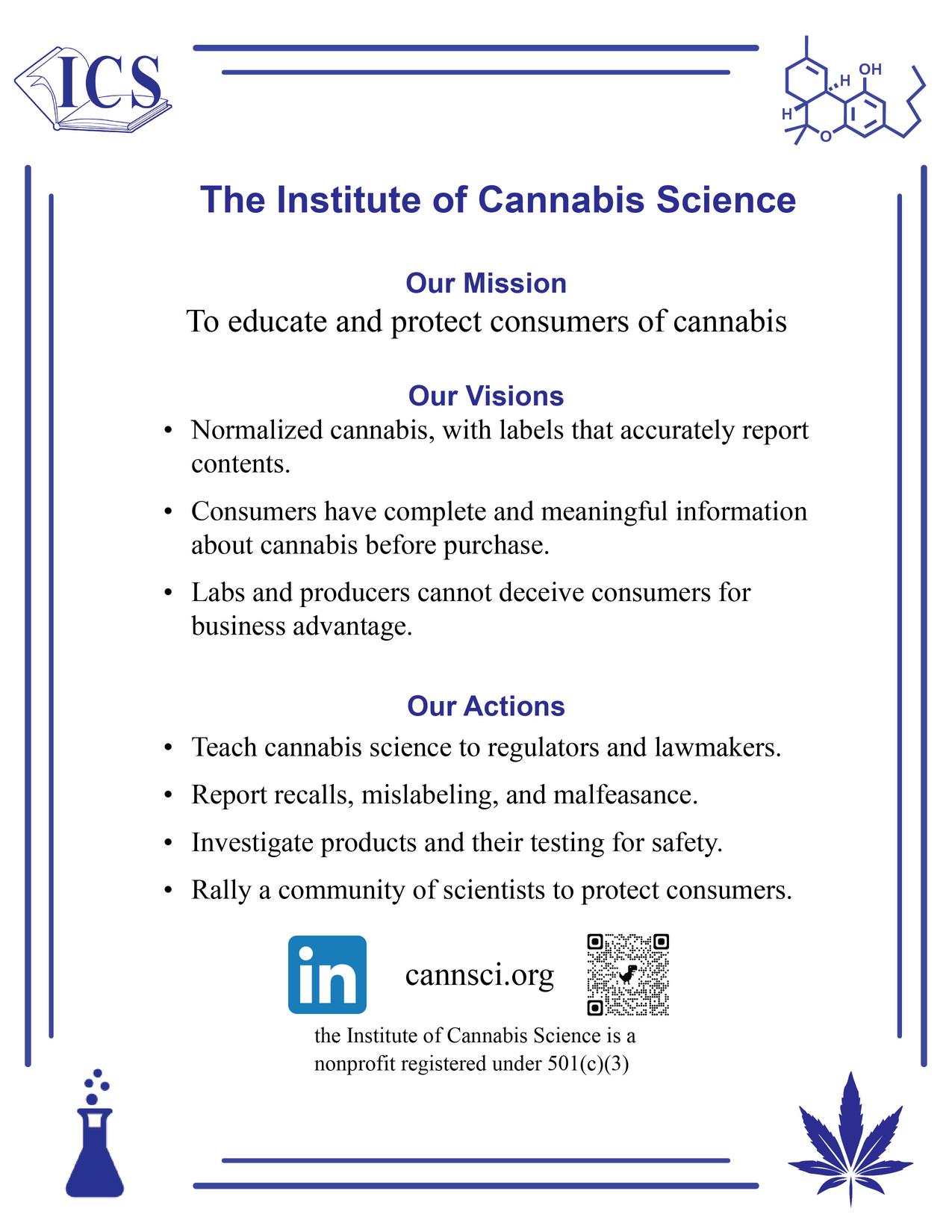
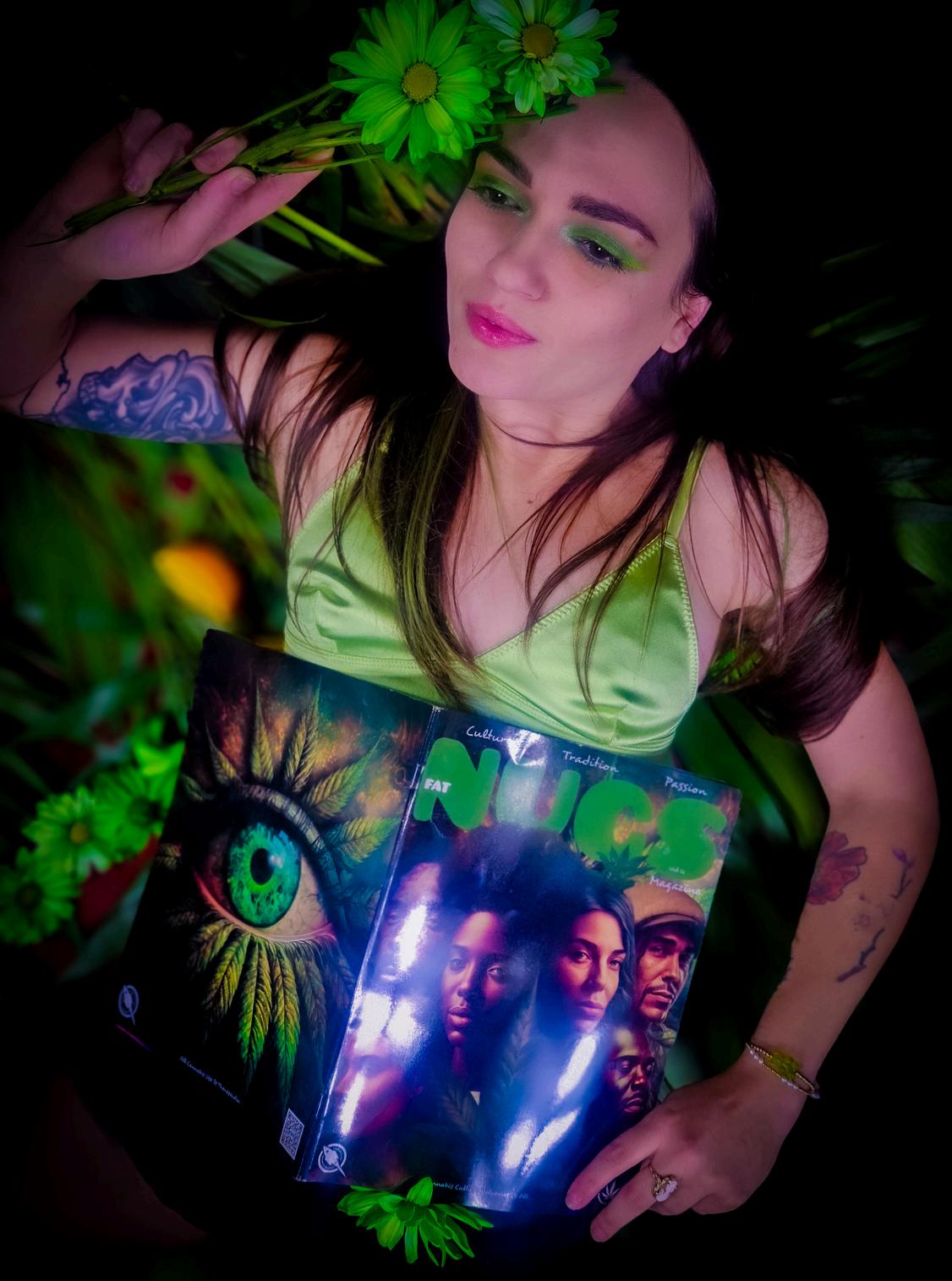
by Kyea
by Dustin Hoxworth
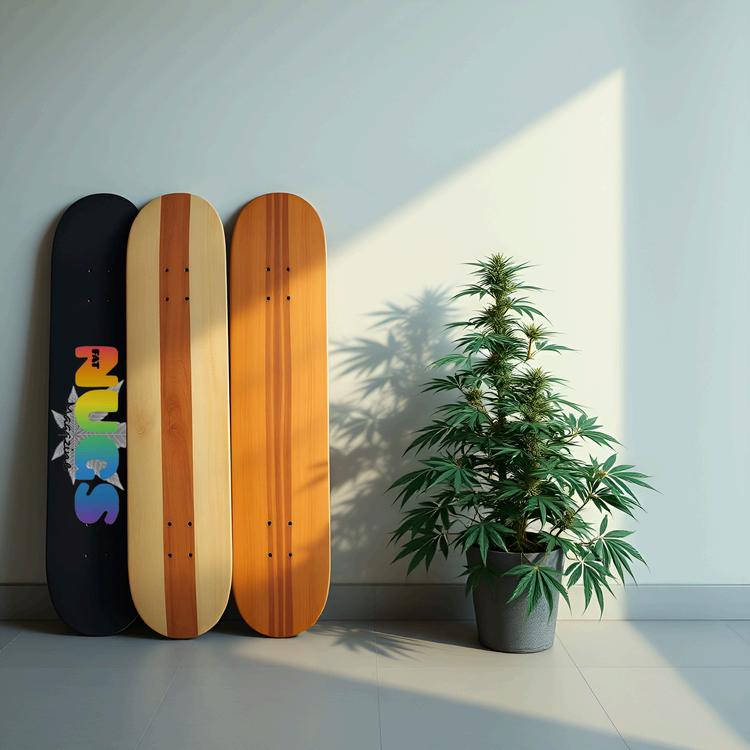
Skateboarding and cannabis, although very distinct in nature, have more in common than you might think. Both have scratched and clawed their way from marginalized and subculture activities into mainstream phenomena. They now not only continue to build and influence that underground presence, but they also influence overall mainstream society.
Both activities change norms through community engagement, while also giving us unique insights into how subcultures can drive positive societal change.
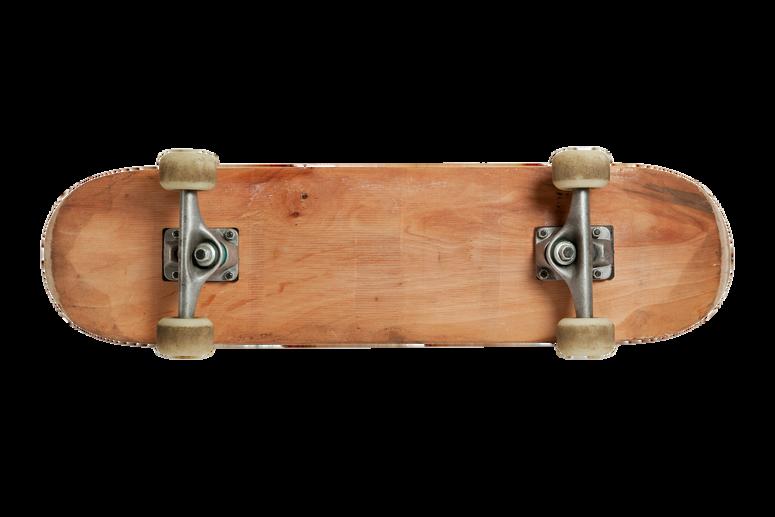
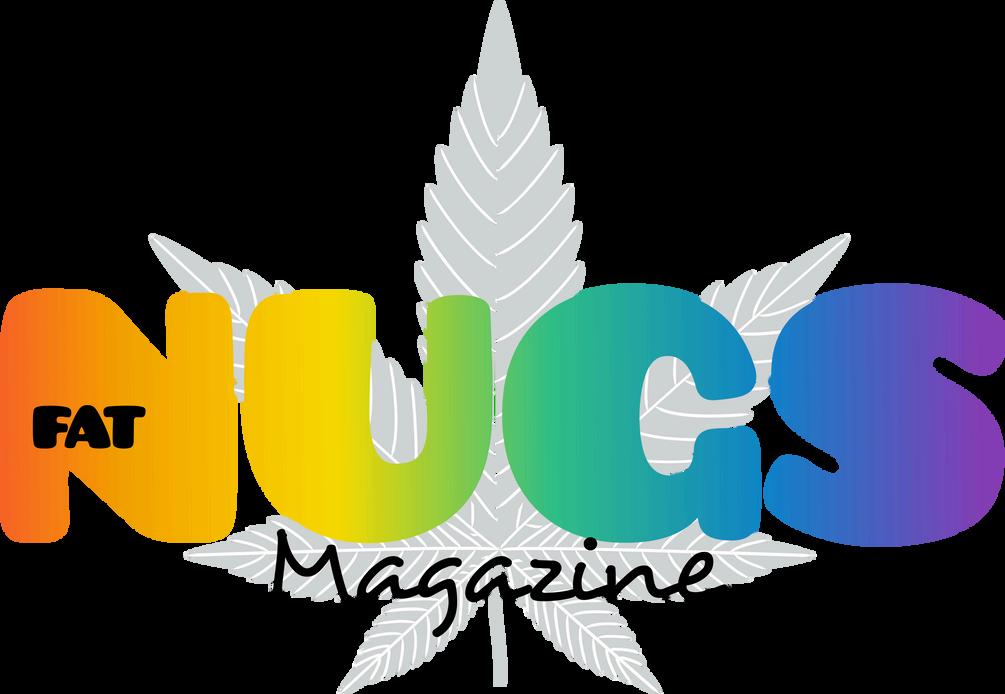
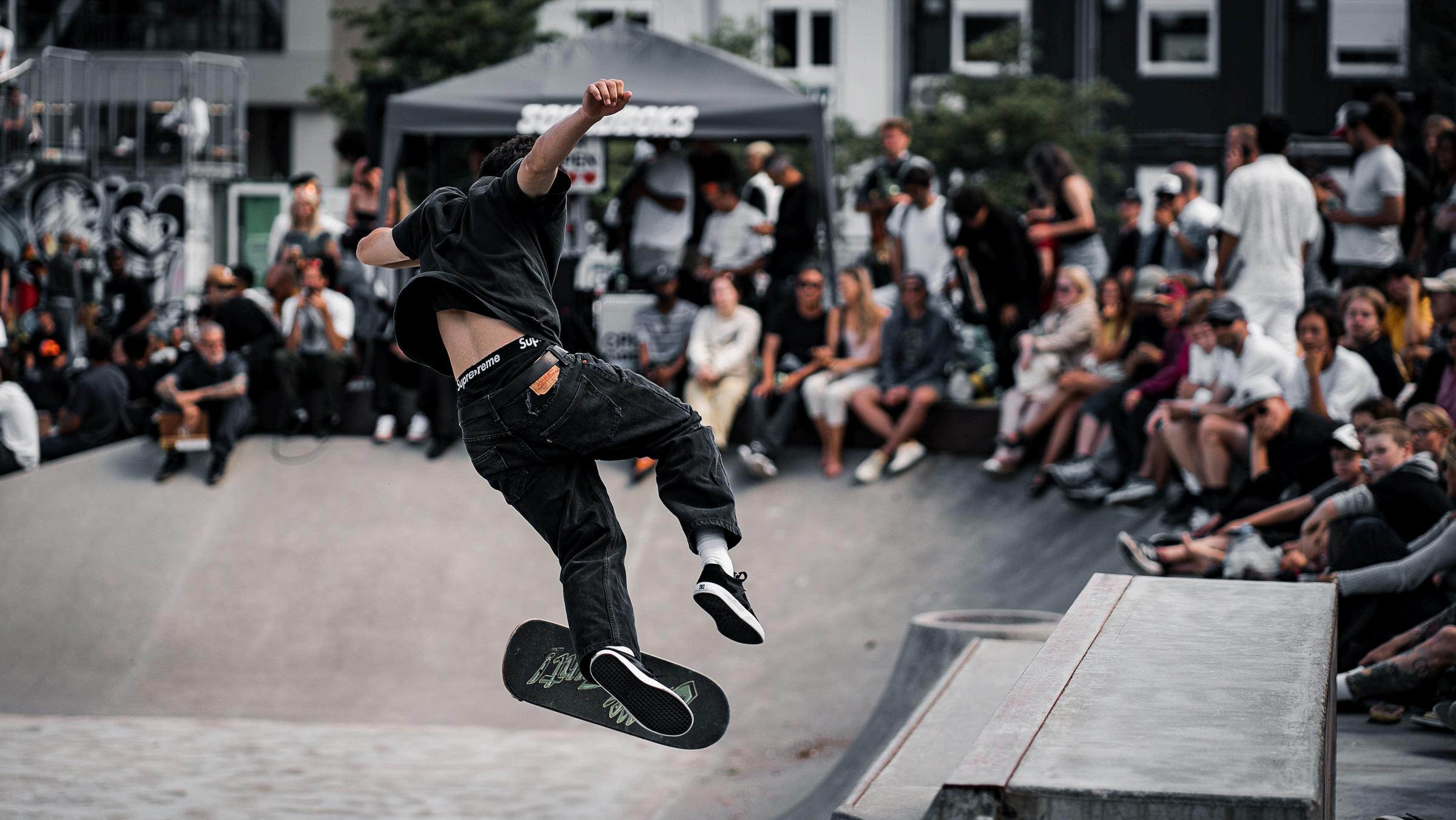
Climbing out of the shadows prominently in the 1960s and 1970s, both skateboarding and cannabis became symbols of defiance and nonconformity. Although no one knows who officially came up with the very first skateboard, or deck, it owes its heritage to the papa he'e malu (surfboards) and papahōlua (land sleds) of Native Hawaiians. The first manufactured skateboards were ordered by a Los Angeles, California surf shop, meant to be used by surfers for practice in their downtime.
Skateboarding, originating from Californian surf culture, was initially seen as an act of rebellion. Skaters were and still are often labeled as misfits, weirdos, and outcasts, but that didn’t stop pioneers like Alan Gelfand who invented the Ollie in 1978, Rodney Mullen who invented the kickflip in the early 80s, Patti McGee, the first female pro skateboarder, and of course Tony Hawk and the rest of the Powell Peralta crew from pushing the activity into a sport while capturing the hearts and minds of millions of people across the globe.
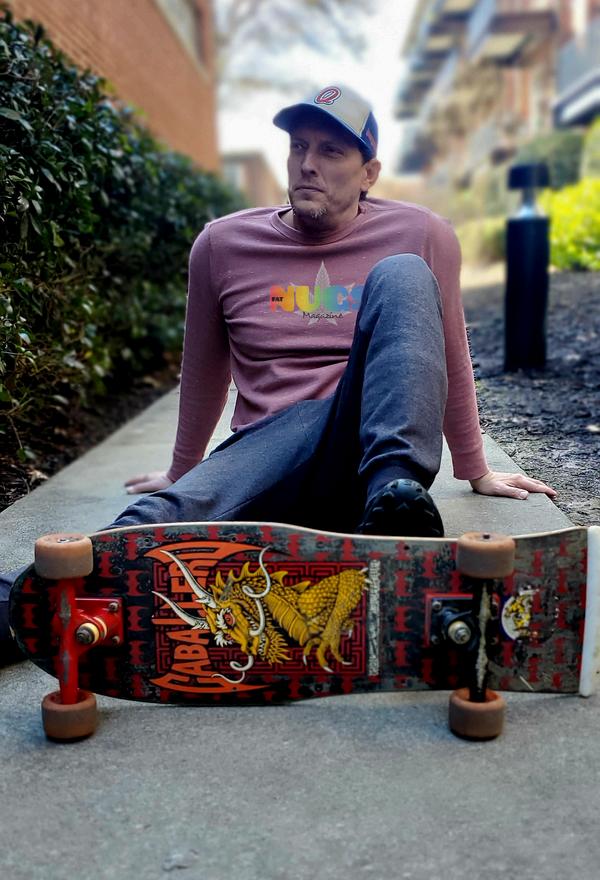
Similarly, cannabis use was stigmatized via heavy media brainwashing starting back in the 1930s with Henry Anslinger, William Randolf Hearst of the Hearst Media Corporation, and their wealthy buddies who lied and pushed reefer madness narratives that were based on racism and fear Anslinger used his position to lobby for anti-cannabis legislation which ended up in the creation of the Marijuana Tax Act of 1937.
read the rest at fatnugsmag.com
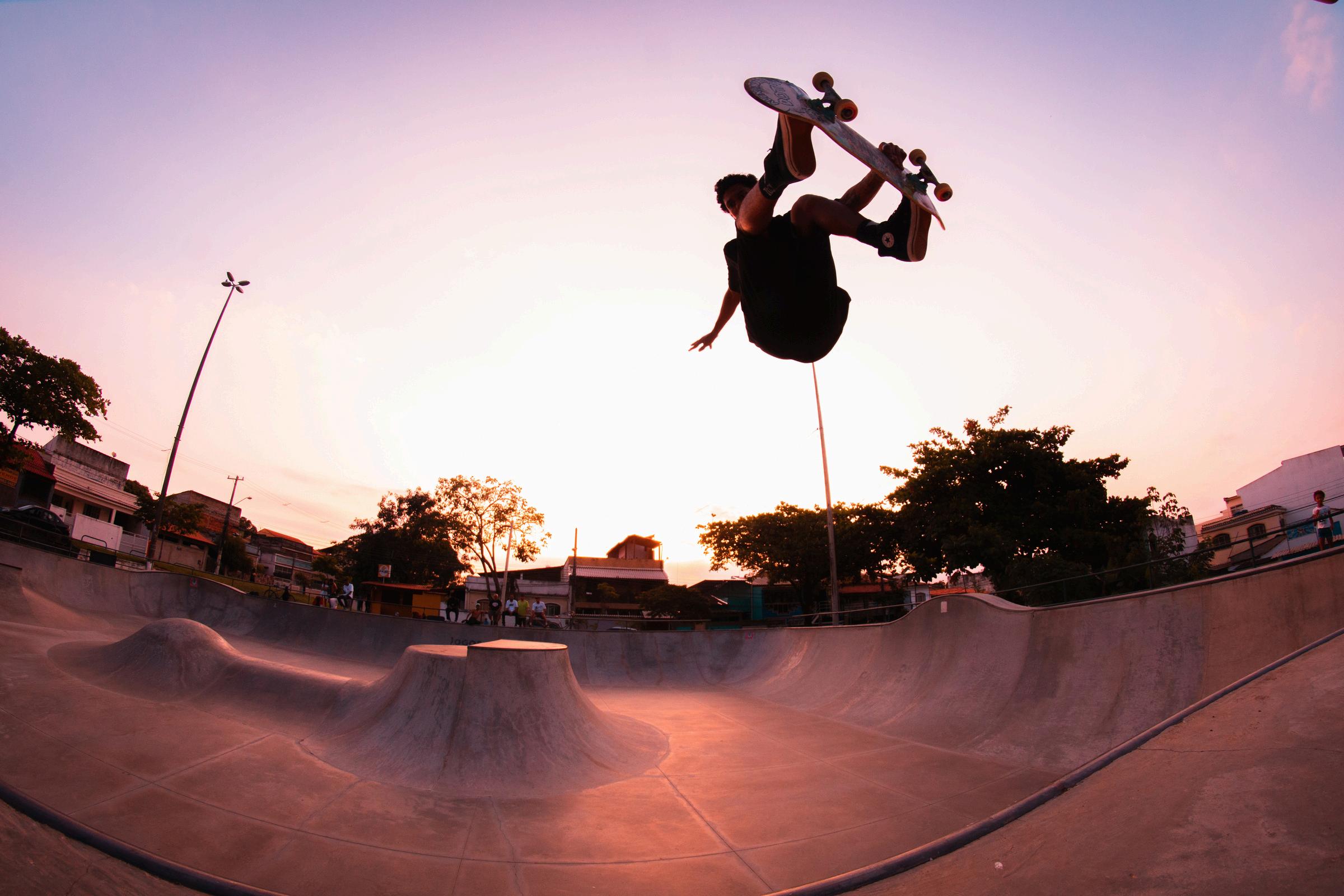
by
by Dustin Hoxworth
Black History Month stands as an important reminder of the countless contributions of Black Americans to this nations’ innovations, arts, leadership, and resilience It is not merely a celebration of the past, but a call to action for justice, equality, and the recognition of the ongoing struggles against systemic oppression.
In today’s United States, where diversity, equity, and inclusion (DEI) initiatives are under attack, Black History Month takes on even greater significance. The effort to erase or downplay these initiatives fueled by political leaders who perpetuate a narrow minded and ridiculously harmful agenda, serves as a stark reminder of how deeply ingrained racism is and how it continues to shape our policies and institutions.
DEI initiatives are being dismantled by billionaires and those who benefit from maintaining a divisive, whitewashed narrative. Their economic interests, protected by media empires they control, manipulate the narratives that shape public perception.
It is cynical and dangerous to strip away these programs, not only because they harm Black and marginalized communities but because they undermine the very fabric of the nation itself.
The attack on DEI and the suppression of real history is shortsighted and designed to preserve a status quo that benefits the few at the expense of the many. They undermine the economic prosperity and social cohesion that come from a truly inclusive society.
“DEI initiatives are being dismantled by billionaires and those who benefit from maintaining a divisive, whitewashed narrative.”
If we allow this regression to take root, we lose not only the lessons of history but the opportunity to build a future based on justice, empathy, and shared humanity. Black History Month is a testament to what has been fought for, and a rallying cry for all of us to continue the struggle toward a more equitable and just world. It is a reminder that the work is far from done.
Traffic Light – Garrett Morgan (1923): Garrett Morgan patented a traffic signal that improved road safety. His three-position signal was a precursor to the modern traffic light.
Gas Mask – Garrett Morgan (1914): Garrett Morgan also invented a safety device that became crucial for firefighters, soldiers, and others in hazardous environments, greatly improving safety in industries.
Blood Bank – Dr. Charles Drew (1940s): Dr. Drew’s revolutionary work in blood storage and transfusion practices led to the creation of blood banks, saving countless lives during World War II and beyond.
Automatic Refrigeration – Frederick McKinley Jones (1940): Jones invented the refrigeration system that is used in vehicles for transporting perishable goods, a vital development for the food industry and medicine.
Home Security System – Marie Van Brittan Brown (1966): A nurse in Jamaica, Queens, New York, she invented the first home security system, including closed-circuit television, to protect herself from rising crime in her neighborhood.
Super Soaker – Lonnie Johnson (1992): Lonnie Johnson created the Super Soaker water gun, which went on to become one of the best-selling toys in history.
The Modern Piano – Joseph H. Dickerson (1873): Joseph Dickerson’s improvements to the mechanical action of the piano made the instrument more accessible and reliable.
Hair Care Products – Madam C J Walker (1905): Madam C J Walker was a pioneering entrepreneur who created an empire in the hair care industry with products designed specifically for Black women.
The Folding Chair – John Purdy (1886): John Purdy patented the first foldable chair, making it portable and widely used in a variety of public and private settings.
The First Refrigerated Truck – Frederick McKinley Jones (1935): Jones invented the first refrigerated truck, transforming the transportation of perishable goods and greatly influencing industries like food and medicine.
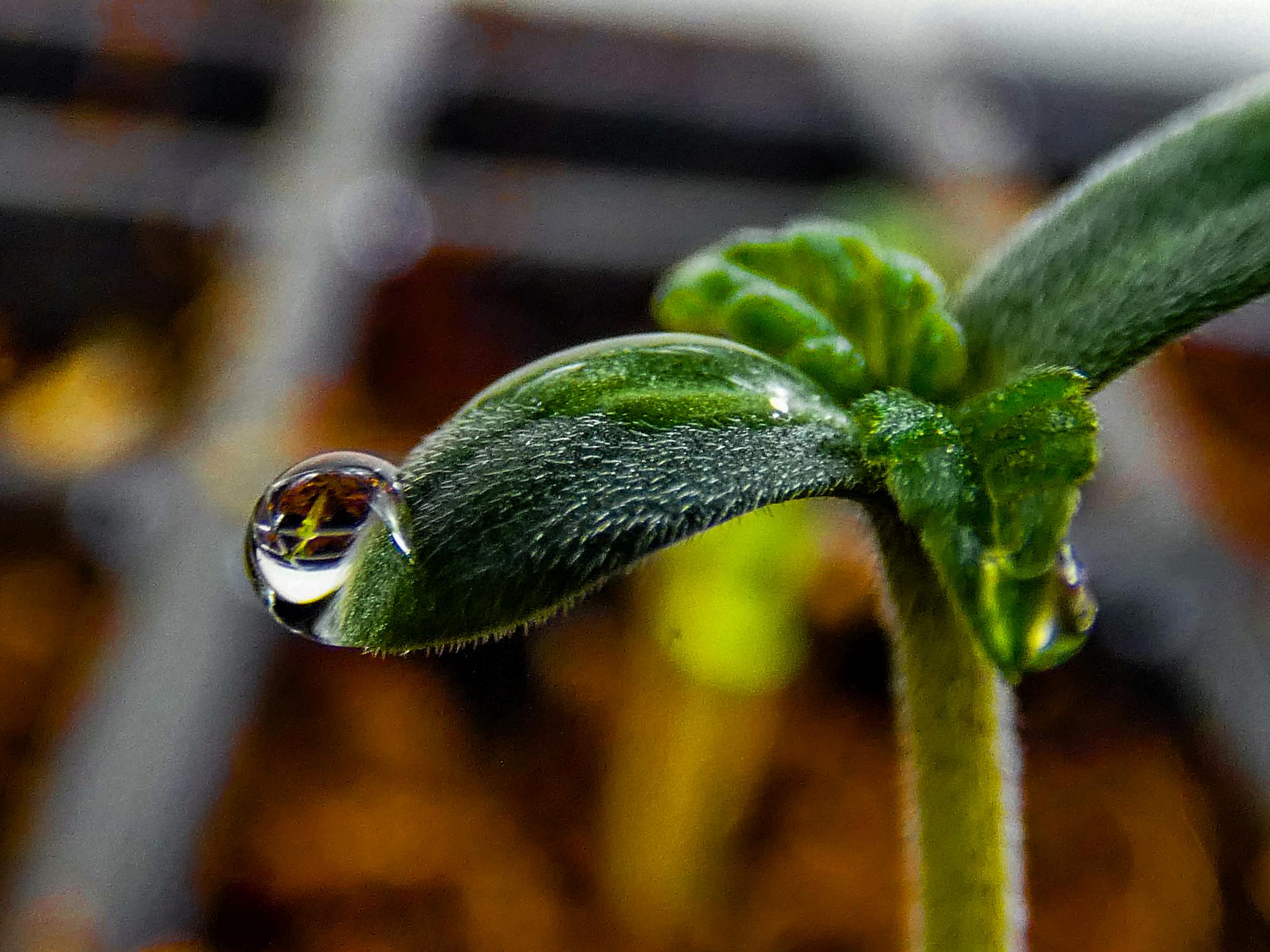
I recently tried Africali Culture's Run
T Jozi and saying that I was happier than a pig in shit would be putting it lightly.
The quality is top-notch from the moment you open the tube with a pungent waft of what reminded me of a hash hole, without it actually being one. The smoothness of the smoke is noticeable, and it burns evenly, delivering a relaxed and enjoyable experience without coughing.
The flavor profile was phenomenal: earthy-piney with a subtle fruity undertone that makes each hit a bit different and delightful.
The effects were definitely something memorable. From the first few puffs, I found myself in the perfect mindset for anything; from brainstorming ideas to enjoying some music while designing. The high is strong but balanced, giving a nice head and body buzz while still leaving you clear-headed enough to engage in conversation and get stuff done. It’s the kind of high that makes you smile and reminds you why you love cannabis.
What really stands out is how versatile this smoke is. Whether it’s day or night, Africali Culture’s joint has the perfect effects for a good time, making it ideal for any occasion. Highly recommended for anyone who appreciates a wellrounded, smooth smoke with lasting effects. This is a must-try if you’re looking for a solid, creative high that hits all the right notes.
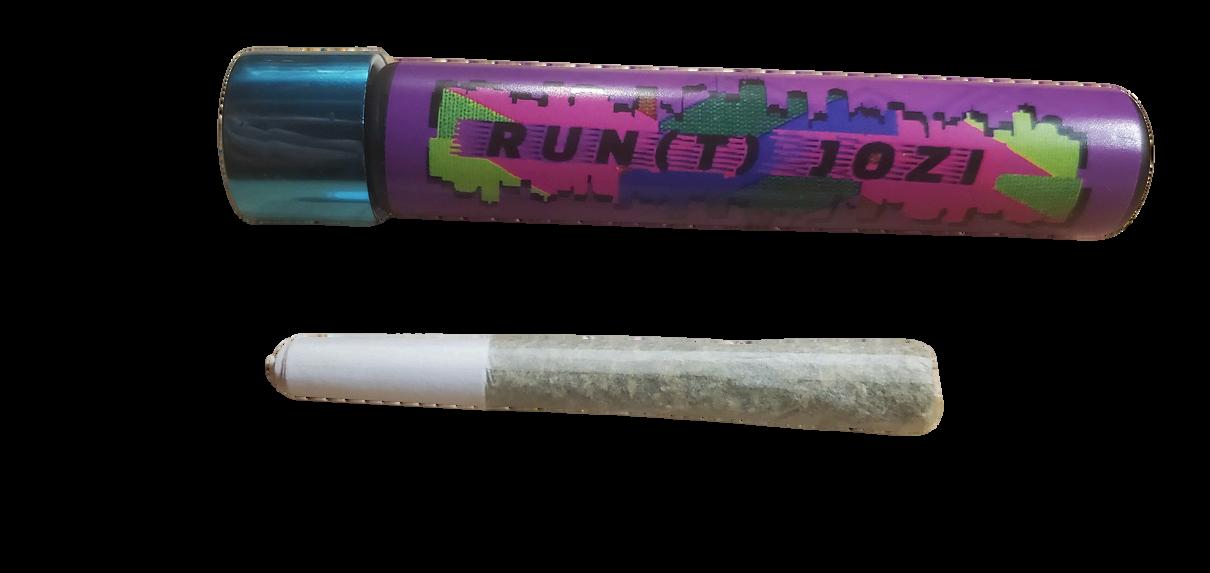
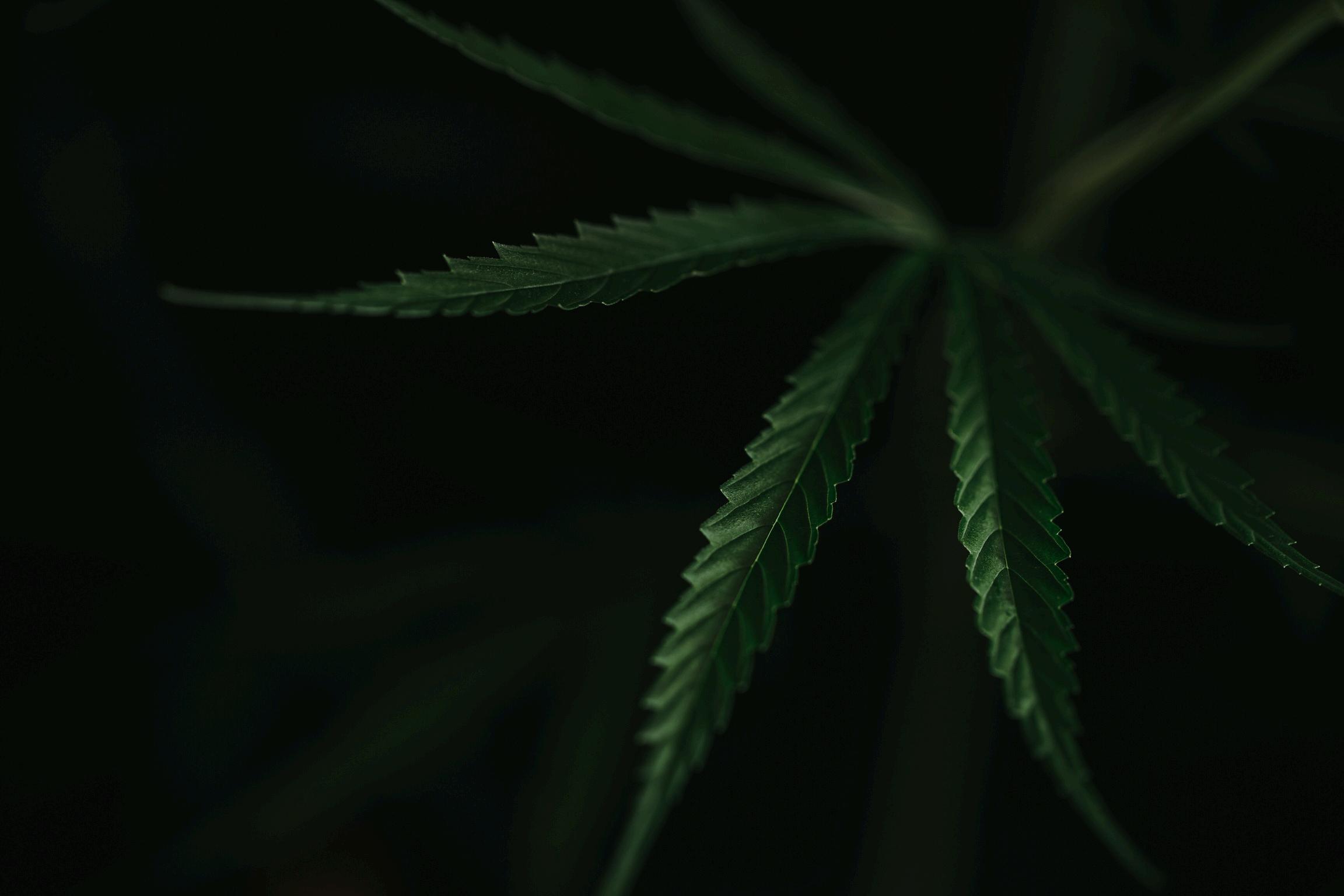
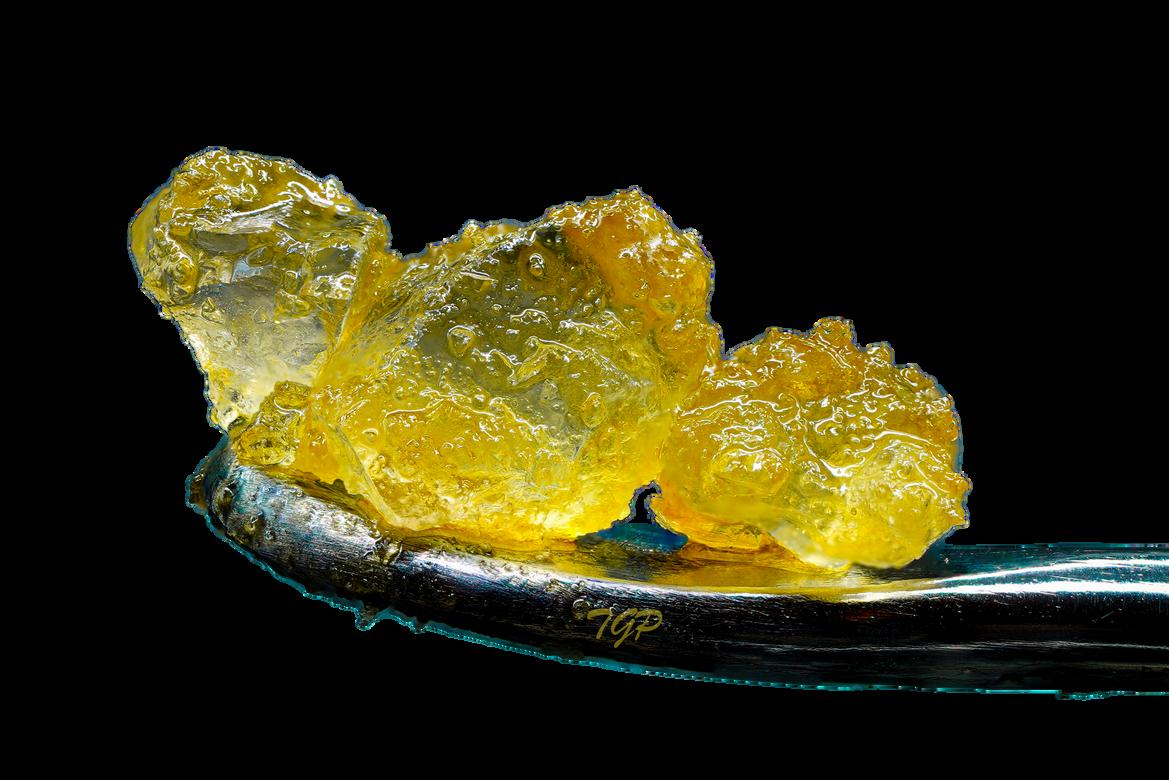
“We’ve had our eye on Nicholas for quite some time here at FNM. His love of cannabis is reflected in the photography he’s mastered Nicholas produces some of the best cannabis photos I’ve ever seen. Highly recommend following him on social media and you’ll see for yourself just how talented he is.”
~Dustin Hoxworth
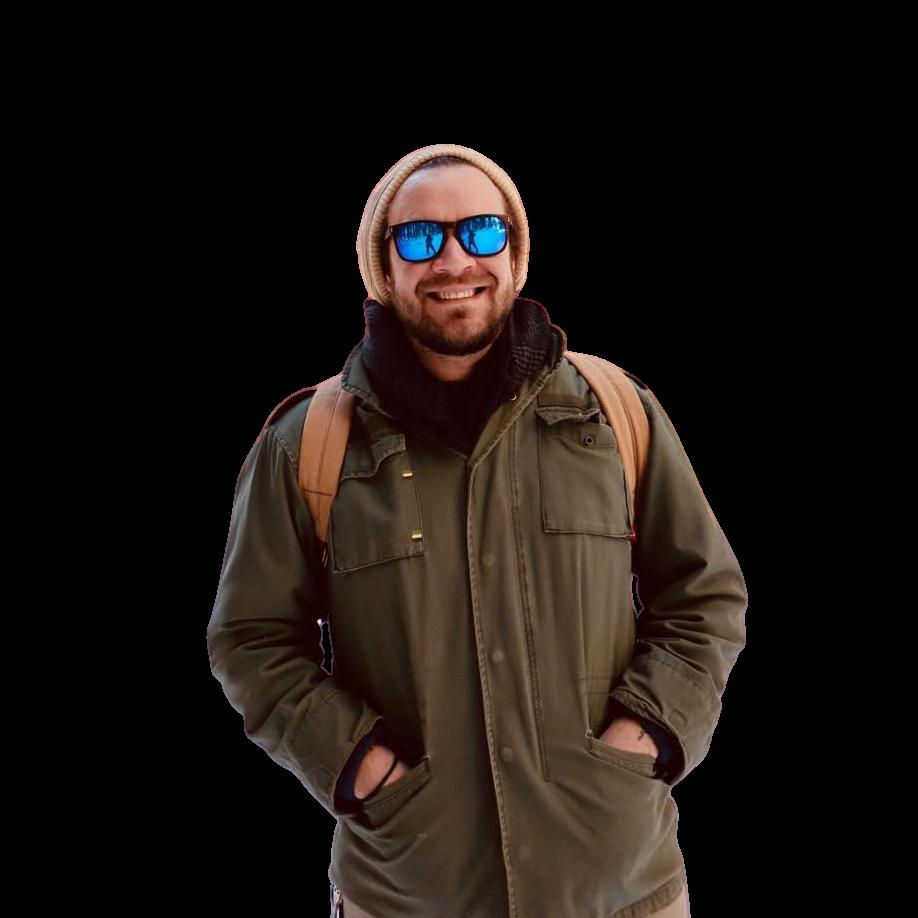
FNM: When and how were you first introduced to cannabis?
Nicholas: I was first introduced to cannabis back in 1998 by a friend. We shared a joint of some brick weed he had stolen from his brother.
FNM: What do you focus on in the cannabis industry?
Nicholas: I primarily focus on using my social media platforms to boost home/craft growers into the spotlight. I also work at a commercial grow and am heavily involved with organizing events for our culture/community.
FNM: What made you want to become a photographer who enjoys focusing on cannabis?
Nicholas: Photography has been a part of my life for quite some time now. When I started growing cannabis and being around it more, it only made sense to point my lens at it. I've been going down that rabbit hole ever since!
FNM: How has cannabis positively impacted your life?
Nicholas: Cannabis has had a tremendously positive impact on my life. Everything from my creativity levels boosting, helping me with physical and mental disabilities, introducing me to some of the best people I could ask for. It has shaped me into the man I am since a young age.
FNM: If you could change one thing about the cannabis industry, what would it
Nicholas: Some things I would change about the industry would be taking away the greed. If our industry truly focused on quality over quantity I'd be incredibly happy. I also would love to see the commercial industry be more welcoming to the actual culture surrounding this plant, rather than just trying to make money off of it or shut the culture out completely.
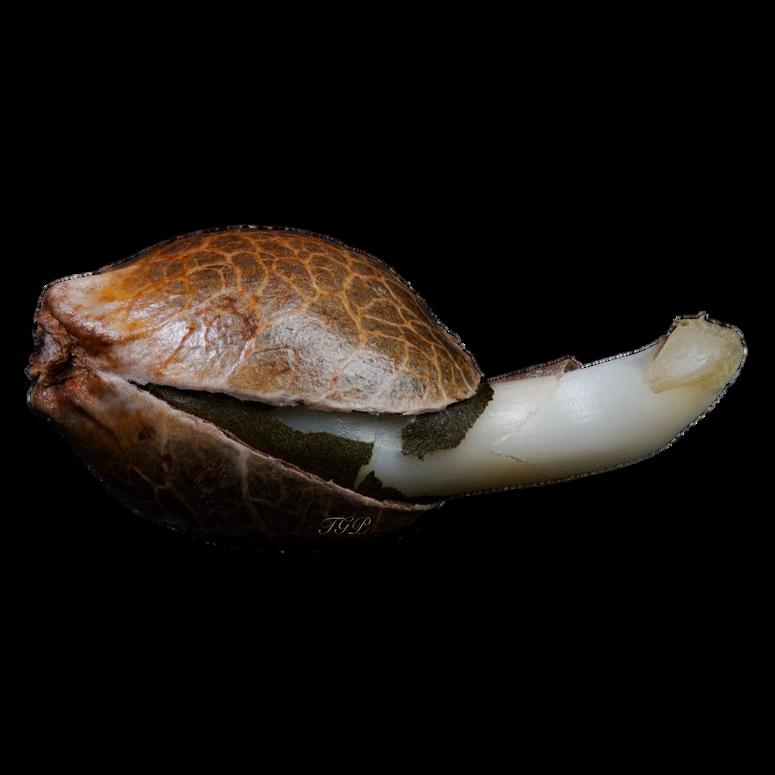
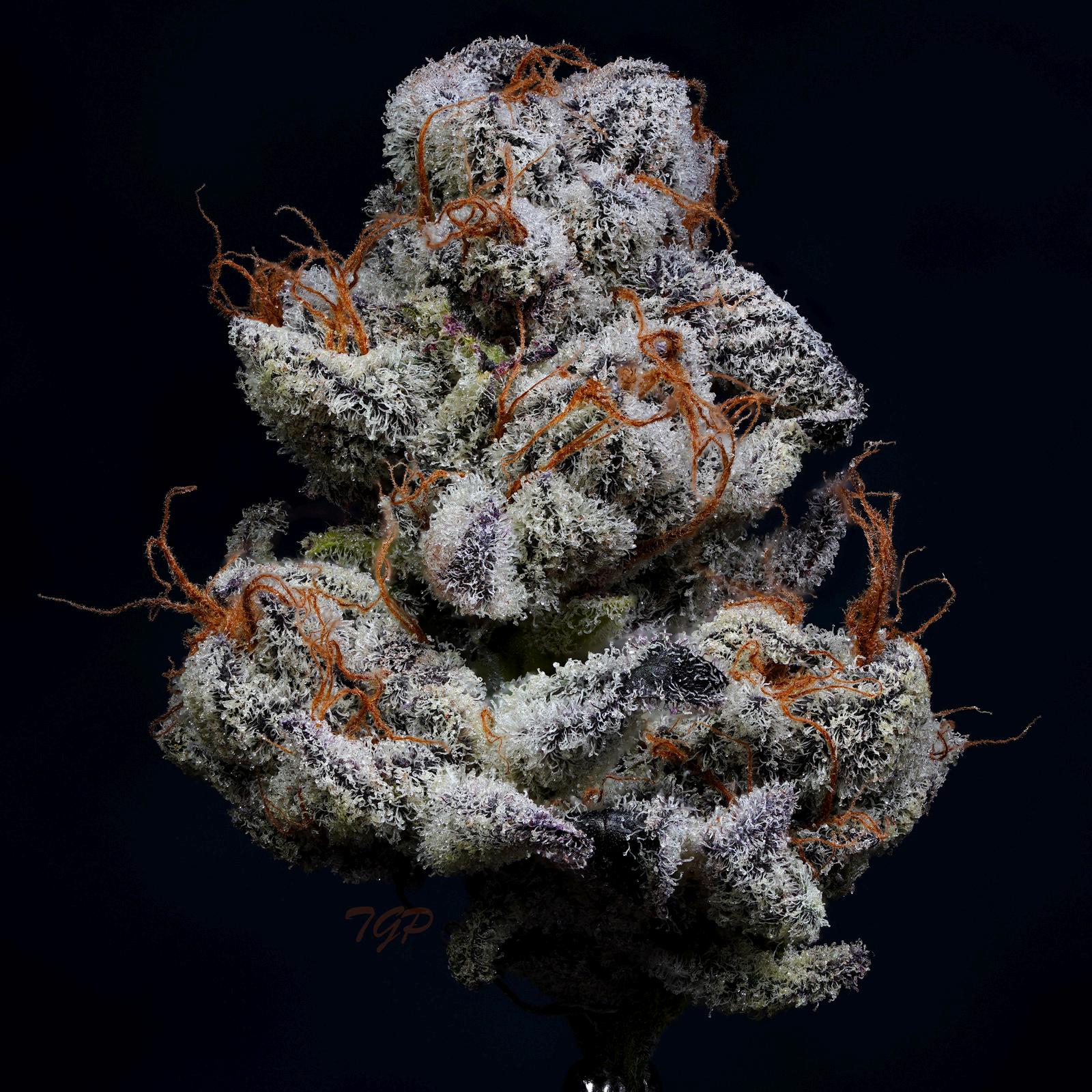
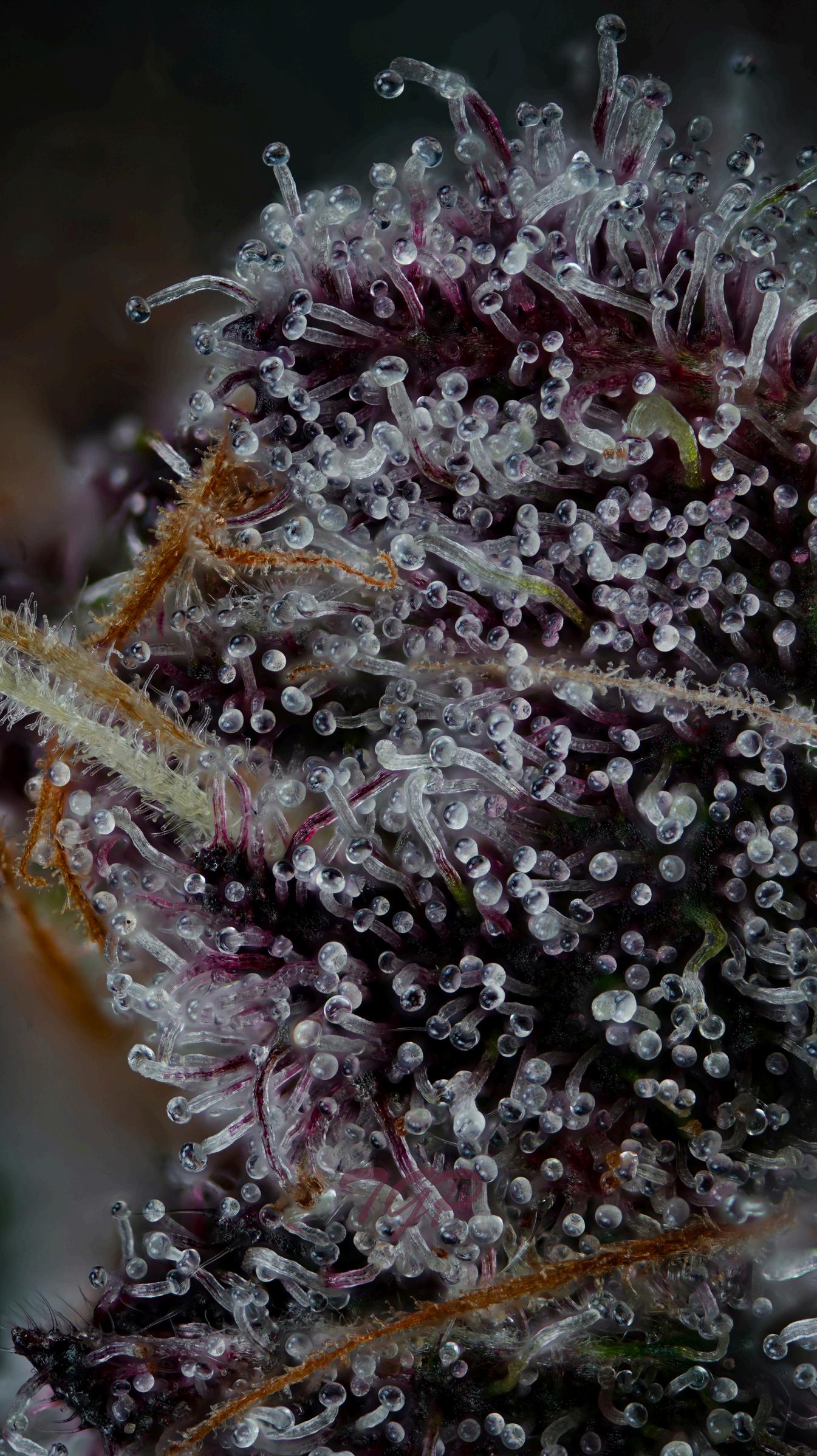




Thank you to all of the brands, businesses, companies, organizations, and individuals who have donated and advertised with us for the Prisoners Edition!
Sorting Robotics
Grove Bags
The Banks Law Firm
Tact Firm
OCHBS
TAC CPAs
HUB
Alibi Cannabis
PufCreativ
High End Search
Pisgah Peaks Ventures
Wizard Accounting & Consulting
Effective Cannabis Newsletter
Eternum Analytics
Medical Cannabis Science & Therapeutics
GreenLight Energy Conservation
Rasta Rootz
The Toke Agency
EntheaCare
Green Lane Communications
GROWSIE CPAs
Jeffrey Hoffman & Associates PLLC
CannaBiz Conversation Podcast
Simply J Bookkeeping & Consulting
Strange Rootz
dialed.
Revelry
Embarc
Green Leaf HR
40 Tons
Flourish Software
New Leaf EA
Ispire North America
Airo Brands
ACS Laboratory
Stir Crazy Seeds
Sun Provisions
Toke POS
BayMedica
Alpine Seed Group
420 Print Media
Gaines 4 The Culture
DIME Industries
Erva Inc
Prophet LLC
Octane
REFORM c/o Glass House Brands
Nasha Hash
Tree of Life PR
Space Gem Candy
Care Waialua Farms
Yard to Fable Enterprises
On Point Power
Bonsai Buds
New Holland Group
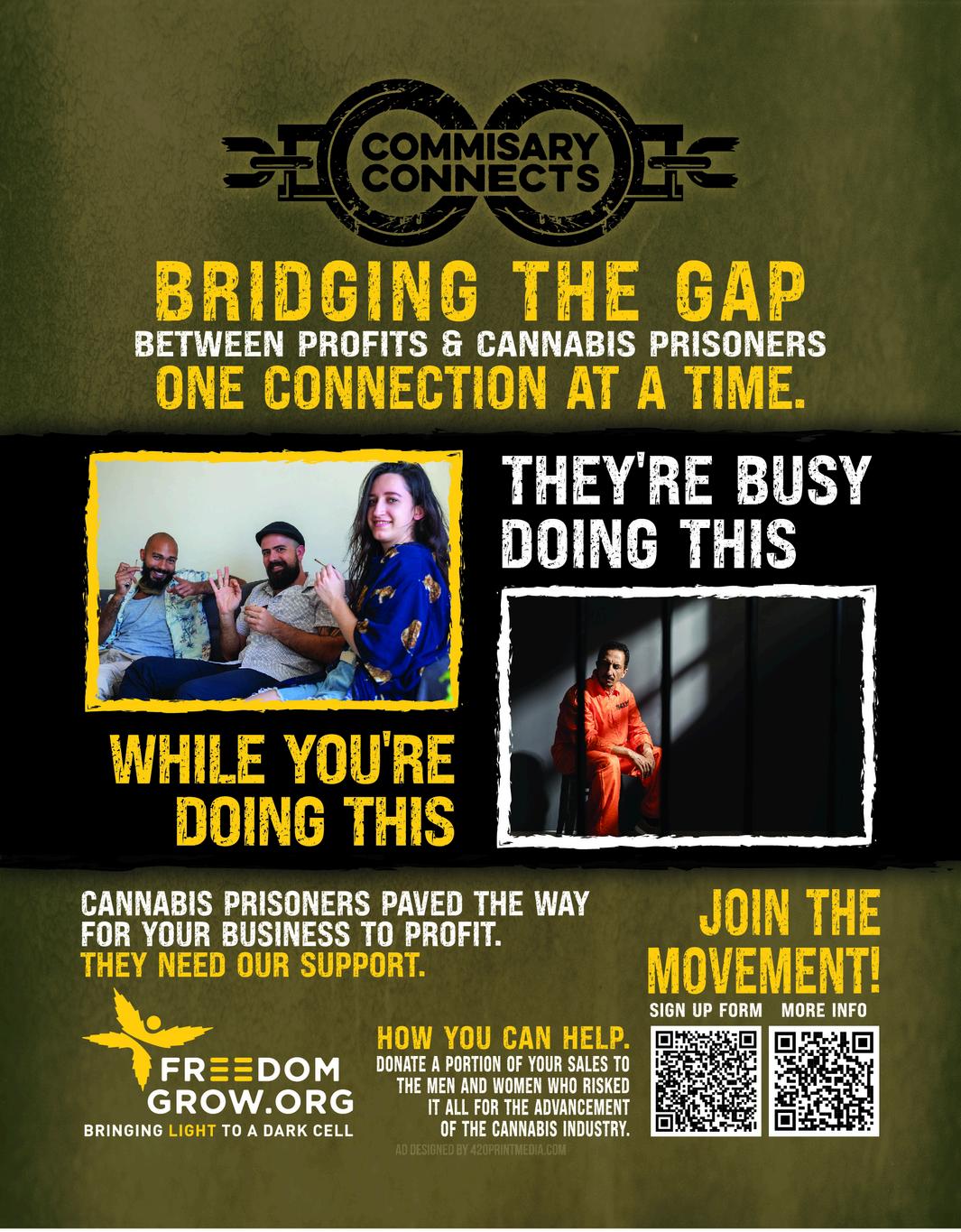
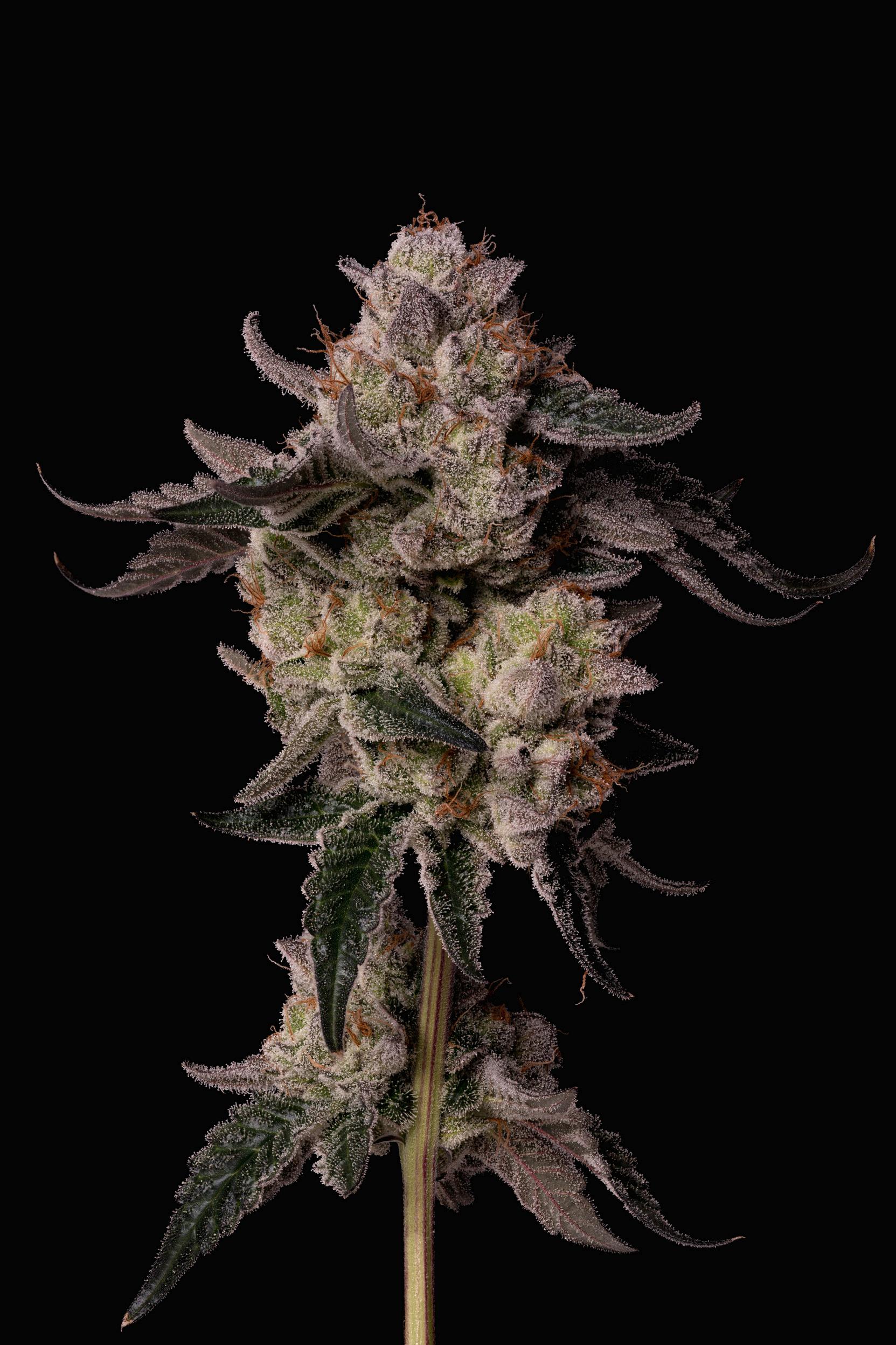
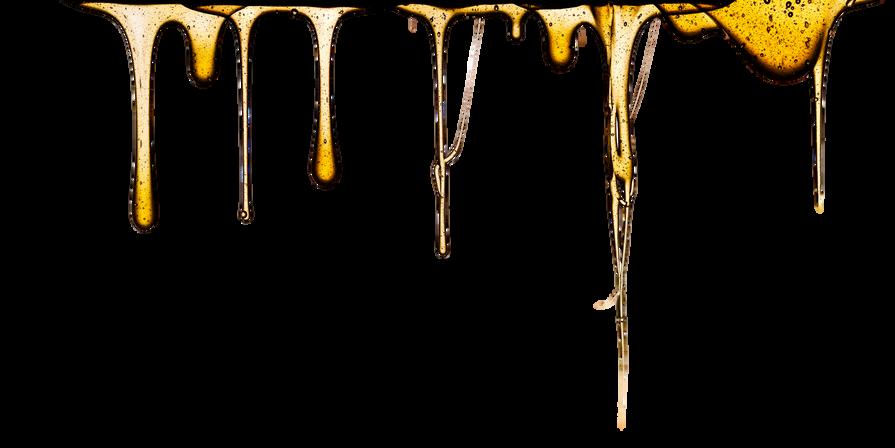

Maybe Durban Poison at midnight wasn’t such a great idea...
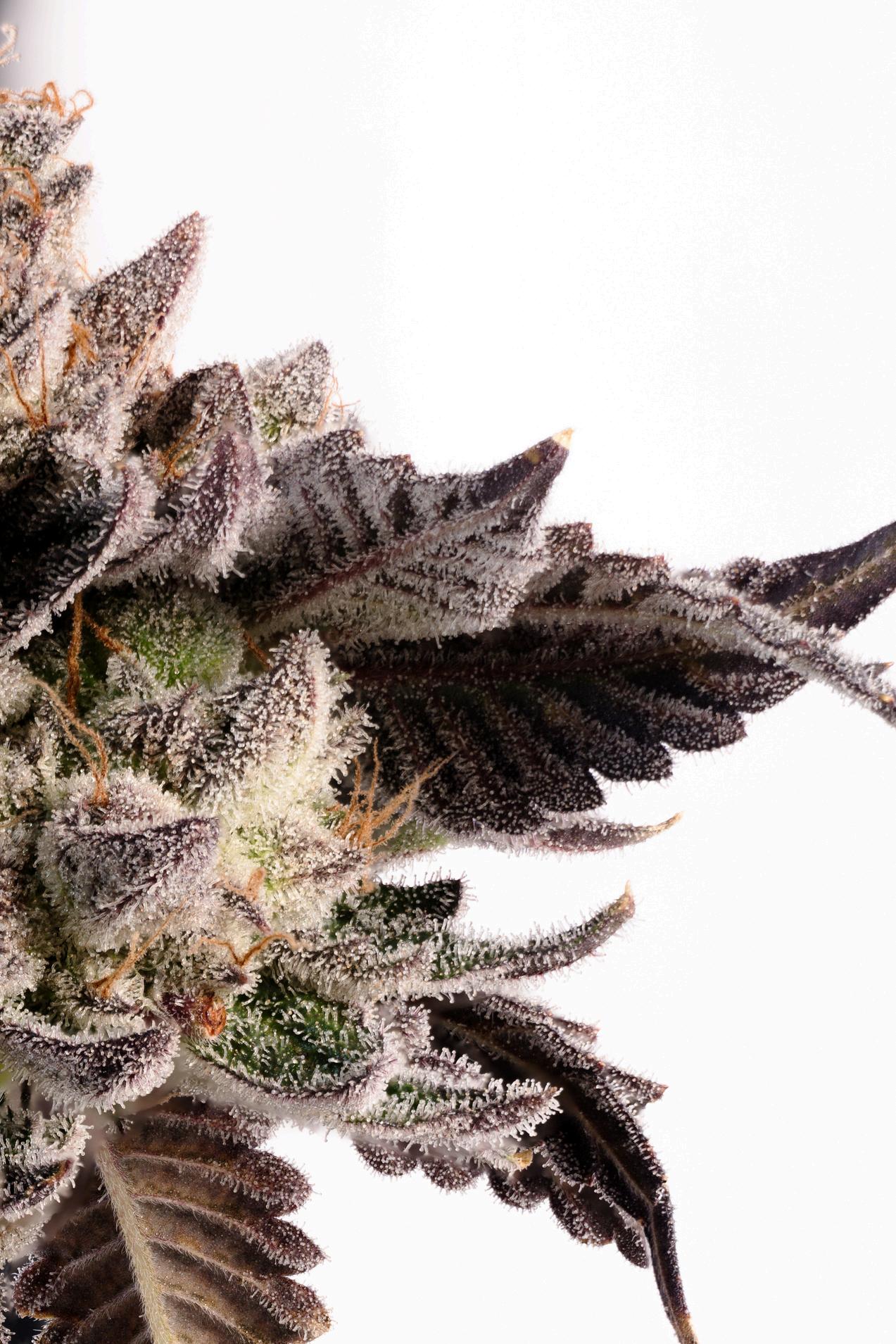
by